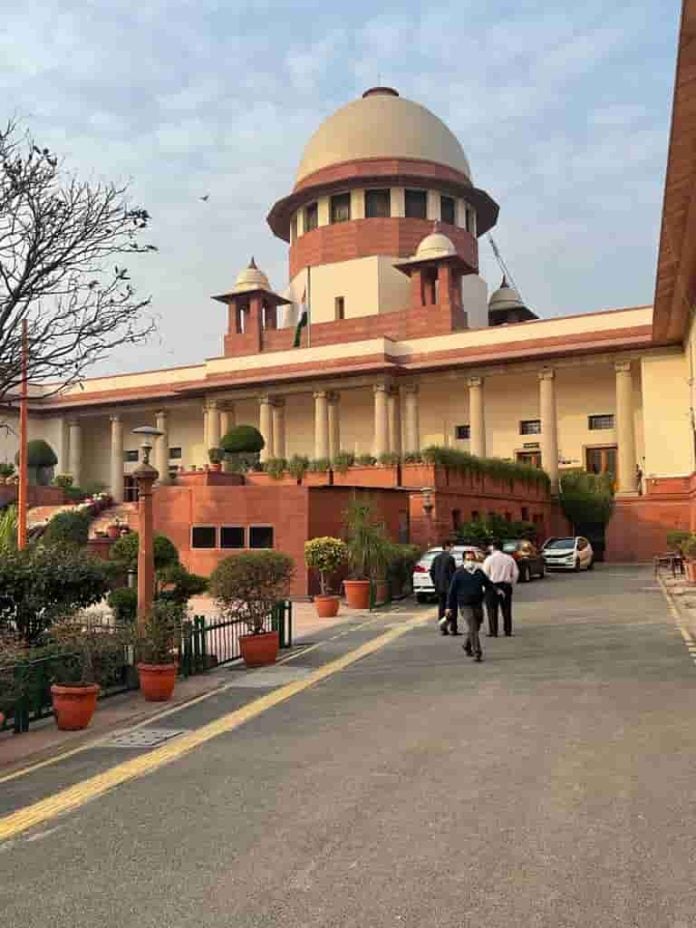The Supreme Court directed the Union government on Thursday to look into the non-issuance of Aadhaar cards to nearly 27 lakh people, who were added in the supplementary list of Assam National Register of Citizens published in August, 2019.
Representing the petitioners before the Bench of Chief Justice U.U. Lalit and Justice Bela M. Trivedi, Senior Advocate Biswajit Deb submitted that the citizens whose names had been mentioned in the first National Register of Citizens (NRC) list had received their Aadhar Cards. However, the same was not the case for those whose names had appeared in the second list.
Seeking two weeks’ time to look into the matter, Attorney General R. Venkataramani, appearing for the Union of India, noted that since the claims looked legitimate, as an interim measure, if there was something which could be looked into, it would be done.
The CJI then granted him two weeks and fixed November 9 as the next date of hearing.
The Apex Court further directed the AG to submit a note as well, so that the issues in the matter could be collated and looked at.
During the previous hearing in the matter, the top court of the country had issued notice to the Union Government, the Registrar General of India, the Unique Identification Authority of India (UIDAI) and the State of Assam on a petition filed by All India Trinamool Congress Rajya Sabha MP Sushmita Dev.
Filed through Advocate-on-Record Tulika Mukherjee, the plea contended that though the people whose names were included in the Final List tried to apply for Aadhar Cards, the UIDAI rejected their applications.
It was stated that the petitioner received representations from several people, who were not able to obtain Aadhaar cards.
The plea contended that the denial of Aadhaar cards to persons included in the second list amounted to discrimination and arbitrariness, resulting in the infraction of Article 14.
It alleged that by not providing Aadhaar numbers to the people appearing in the final list dated August 31, 2019, there has been creation of a class within a class, as people in the Final Supplementary List were being treated differently from the people whose names appeared in the First Draft List on December 31, 2017.
As per the petition, there existed no bar with respect to people whose names appeared in the First Draft List and in the subsequent NRC List on August 31, 2019.
Arguing that both sets of people were equal in the sense that their names appeared in the NRC, the plea contended that they should be meted out equal treatment with respect to their rights, which arose from their registration under the same.
Once a person had been registered under the NRC, whether it be in the First Draft List or the Supplementary List, they were entitled to the same benefits as that of any Citizen of India and therefore, there existed no intelligible differentia between the persons whose names appeared in the NRC, noted the plea.
It further said that there existed no bar under the Aadhar Act to deny Aadhar number to persons whose names appeared in the Final Supplementary NRC list released on August 31, 2019.
According to the petition, the only criteria laid down under the Aadhar Act was that the person should have been a resident of the country for a period of 182 days or more in the preceding 12 months prior to filing an application.
It concluded by saying that as Aadhar Number was not a proof of citizenship, the grant of Aadhar would have no bearing on the effect of the object and purpose of the Citizenship Act.
(Case title: Sushmita Dev versus Union of India and others)


